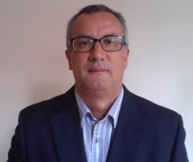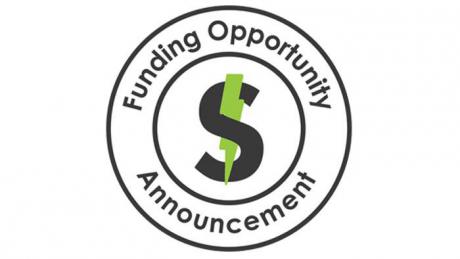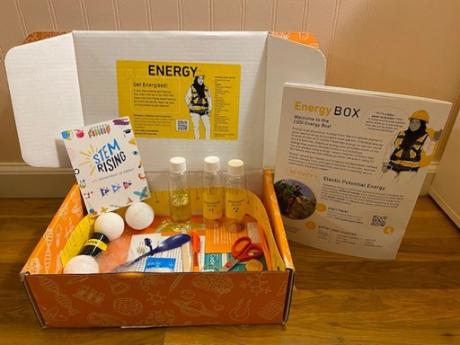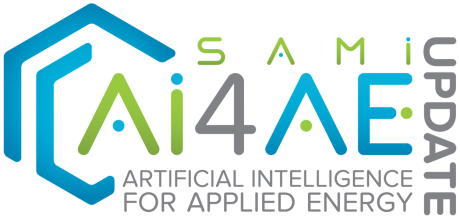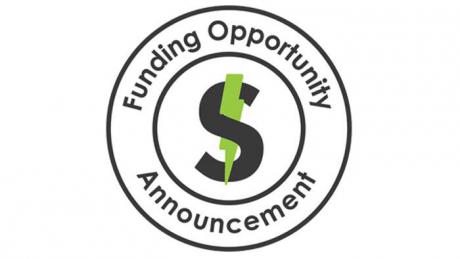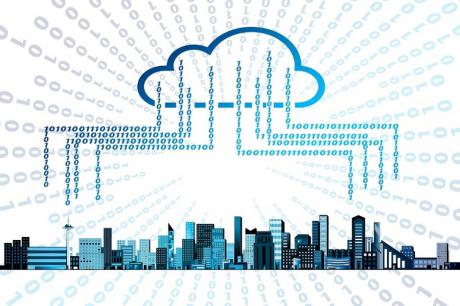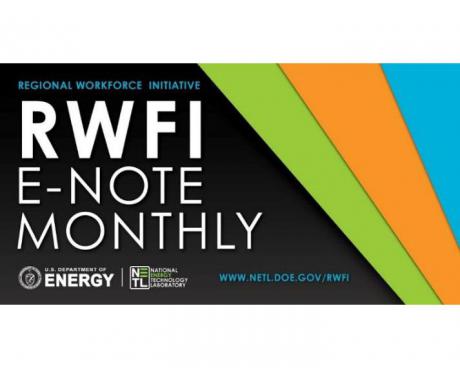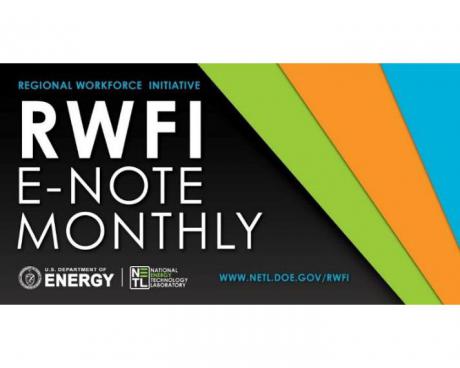NETL’s Sofiane Benyahia, Ph.D., has received the Charles W. Pierce Distinguished Alumni Award from the Illinois Institute of Technology (IIT) Department of Chemical and Biological Engineering.
The award is presented annually and recognizes alumni who have brought recognition to IIT through their outstanding contributions to the advancement of the chemical and biological engineering profession and exceptional dedication and support to the university. The award will be presented at IIT in Chicago.
In the early 1900s, IIT was one of a handful of universities that offered a formal course of study in chemical engineering. The award honors the legacy of Charles W. Pierce, who is not only the first graduate of the department but is also recognized as the first African American who earned a degree in chemical engineering.
After earning his chemical engineering degree, Pierce taught at Tuskegee Normal College (now Tuskegee University), where colleagues included Booker T. Washington and George Washington Carver, prominent African American scientists.
About
News and Events
Research and Programs
Carbon Management Point Source Carbon Capture Carbon Dioxide Removal Carbon Dioxide Conversion Carbon Transport & Storage Hydrogen with Carbon Management
Resource Sustainability Methane Mitigation Technologies Minerals Sustainability Natural Gas Decarbonization and Hydrogen Technologies Advanced Remediation Technologies Energy Asset Transformation
Key Lab Initiatives Advanced Alloys Signature Center (AASC) Science-based Artificial Intelligence and Machine Learning Institute (SAMI) Center for Microwave Chemistry (CMC) Center for Sustainable Fuels and Chemicals (CSFC)
Energy Technology Development Office of Energy Efficiency and Renewable Energy Battery Workforce Initiative Cybersecurity, Energy Security, and Emergency Response Office of ElectricityGrid Resilience
Business
Library
Explore our Library

Approved Categorical Exclusions Environmental Assessments Environmental Impact Statements Oil and Gas Projects Summaries NETL Fact Sheets NETL Newsletters Publication Search Energy Data Exchange (EDX) FECM External R&D Final Technical Reports Summary Information for External R&D Awards Technical Reports Series (TRS) Peer Review Reports Interagency Working Group Initial Report
- Research and Programs
- Carbon Management
- Core Competencies
- Resource Sustainability
- University Training & Research
- Key Lab Initiatives
- Energy Technology Development
- Featured Infrastructure
- Methane Emissions Reduction Program
-
- Business
- Technology Transfer
-
- Library
- Energy Analysis
-
- About
- News and Events
- Education




